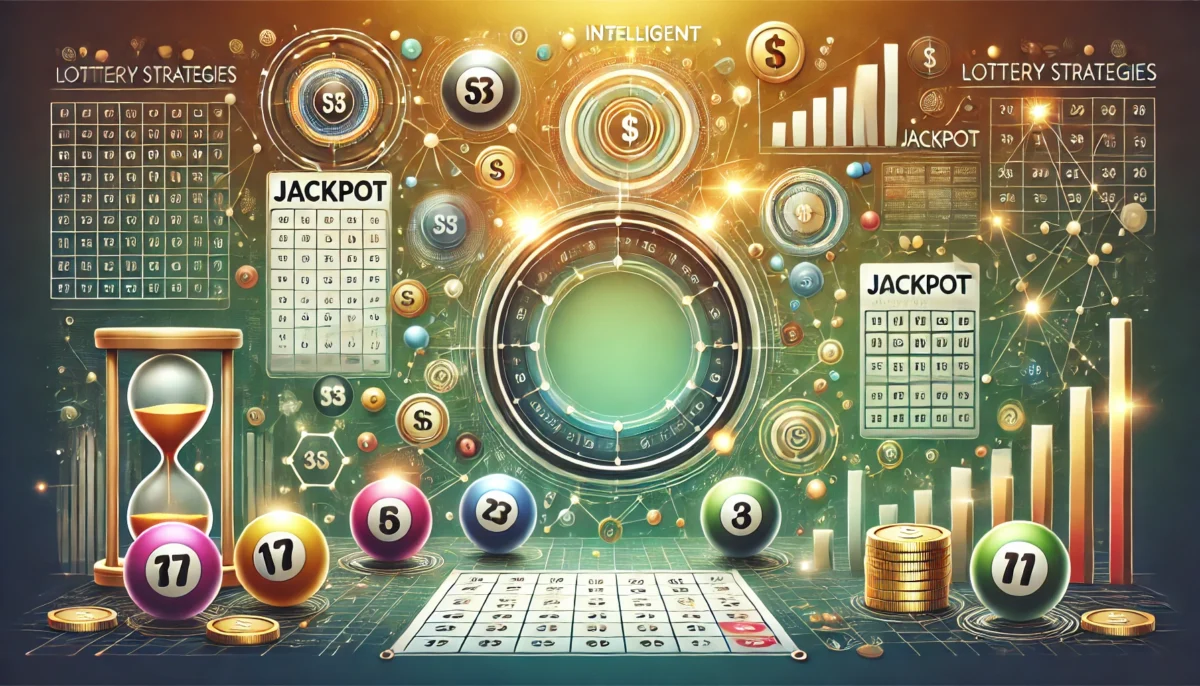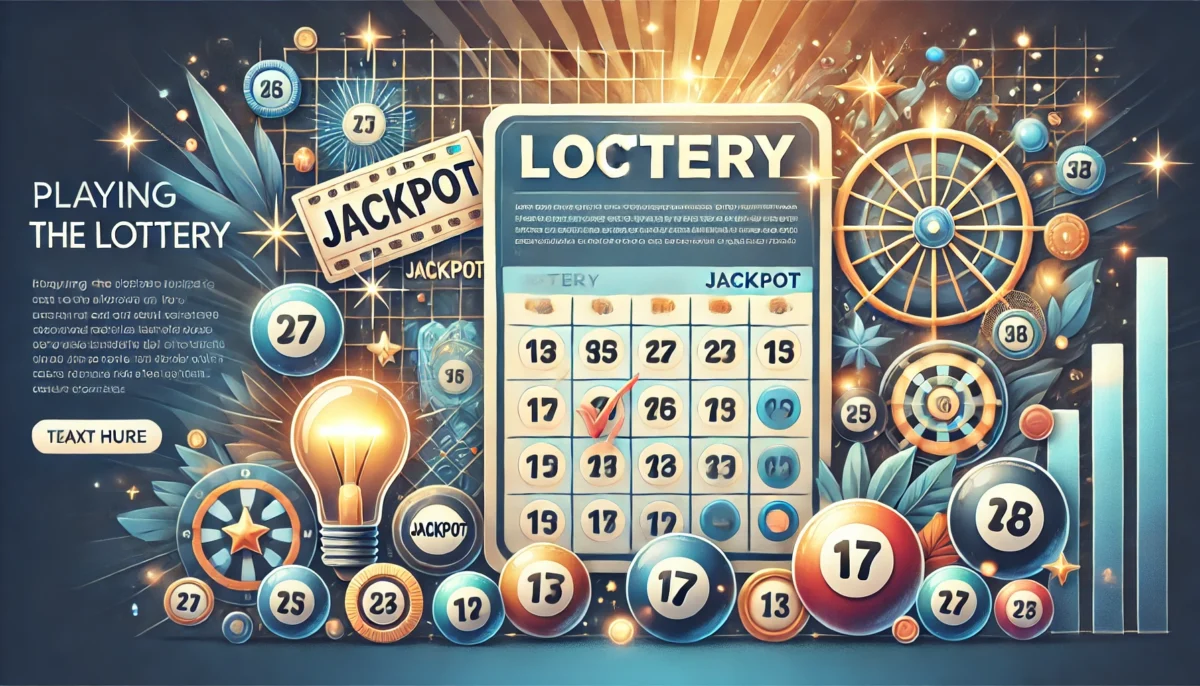Stepping into a casino for the first time can be an exciting and overwhelming experience. The flashing lights, the sounds of slot machines, and the buzz of the tables can create an intoxicating atmosphere. However, to ensure that your experience is enjoyable and smooth, it’s important to understand casino etiquette. Whether you’re playing at a brick-and-mortar casino or an online platform, following proper etiquette ensures that you respect fellow players, dealers, and the casino itself.
In this guide, we’ll walk you through the essential do’s and don’ts of casino etiquette that every new player should know. This will help you navigate the casino floor confidently, avoid common mistakes, and enhance your overall experience.
1. Do: Familiarize Yourself with the Rules
Before you sit down at a table or start playing, it’s crucial to understand the game you want to play. Whether it’s poker, blackjack, or roulette, each casino game comes with its own set of rules and strategies. If you’re new to the game, make sure to ask the dealer or fellow players for guidance, or do some research before arriving at the casino.
Why It’s Important:
- Being familiar with the game ensures that you play confidently and don’t hold up the game. It also helps you avoid misunderstandings or mistakes that can frustrate other players.
2. Don’t: Overwhelm the Dealer or Other Players with Questions
Casinos are fast-paced environments, and the dealers and fellow players are usually focused on the game at hand. While it’s okay to ask questions, make sure you’re not interrupting the flow of the game with constant queries. If you’re unsure about a rule or how something works, try to observe the game first or ask at a less busy moment.
Why It’s Important:
- Constant interruptions can disrupt the pace of the game, causing frustration among other players and the dealer. It’s best to save questions for the appropriate time, such as between hands or during a break.
3. Do: Tip the Dealers
Tipping is an important part of casino etiquette, especially in live games like blackjack, poker, and roulette. Dealers and other casino staff rely on tips as a significant part of their income, so showing appreciation for their service is always appreciated.
How to Tip:
- A common practice is to tip 1-5% of your total winnings, depending on the size of your win. For smaller bets, it’s still good to give a small token of appreciation, such as a few chips.
Why It’s Important:
- Tipping shows respect for the dealers, enhances your relationship with the staff, and creates a more positive and friendly casino experience. It’s also considered good karma in the gambling world!
4. Don’t: Distract or Annoy Other Players
Casinos are social environments, but it’s important to respect the personal space and focus of others around you. Avoid talking loudly, making unnecessary comments, or causing distractions during the game. This includes refraining from giving unsolicited advice to other players, especially if they are playing a game that requires strategy or concentration.
Why It’s Important:
- Respecting the focus of others ensures that everyone can enjoy the game in a comfortable and engaging atmosphere. Distractions can lead to mistakes or frustration, which can spoil the enjoyment for everyone at the table.
5. Do: Handle Your Money Neatly and Respectfully
When it comes to handling your chips, cash, or credit at a casino, keep things neat and respectful. Don’t throw chips or cash onto the table or the dealer’s hands, as this can create confusion. Instead, hand them over carefully and clearly.
Why It’s Important:
- Proper handling of your money ensures the game runs smoothly and avoids misunderstandings. It also shows that you respect the dealer’s role and the rules of the casino.
6. Don’t: Play if You’re Under the Influence
Casinos can be places of excitement, but it’s important to be in control of your faculties when gambling. Avoid drinking too much alcohol or using substances that could impair your judgment. Casinos may also have a legal obligation to ensure that you’re of sound mind when playing, especially in games involving large sums of money.
Why It’s Important:
- Playing under the influence can lead to poor decision-making, which can not only result in losses but may also disrupt the gaming environment for others. It’s also important to be aware of the legal implications of gambling while impaired.
7. Do: Respect the Dealers and Staff
Dealers and staff work hard to ensure that the casino operates smoothly, and they deserve your respect. Whether you’re playing at a poker table or waiting at the cashier, always treat the staff with politeness and courtesy.
Why It’s Important:
- Treating casino staff with respect fosters a positive atmosphere and can help you have a more enjoyable experience. Plus, a friendly interaction with a dealer can lead to better service and a more enjoyable gaming experience.
8. Don’t: Be a Poor Sport
Whether you win or lose, always remember that gambling is about fun and entertainment. Avoid acting aggressively, complaining about bad luck, or arguing with the dealer or other players. Likewise, don’t get upset when you lose—there will always be another opportunity to try your luck.
Why It’s Important:
- Negative emotions or poor sportsmanship can create tension and disrupt the enjoyment of others. By remaining graceful whether you win or lose, you contribute to a positive, enjoyable environment for everyone at the casino.
9. Do: Respect the Casino’s Dress Code
Many casinos, especially high-end venues, have a dress code that requires guests to wear certain attire. Make sure you know the dress code before you arrive to avoid being turned away. Typically, upscale casinos require a smart-casual dress code, while others may be more relaxed.
Why It’s Important:
- Following the casino’s dress code is a sign of respect for the venue and other players. It also ensures that you’re comfortable and feel confident while playing.
10. Don’t: Use Your Phone at the Table
While it might seem harmless to check your phone or take photos, using your phone at the table is generally frowned upon. Not only can it disrupt the game, but it may also violate the casino’s rules.
Why It’s Important:
- Using a phone can be distracting for you and others, and may also violate casino policies, especially in games like poker where it’s crucial to maintain focus. Always be respectful of the atmosphere by keeping your phone usage to a minimum.
11. Do: Know When to Walk Away
Perhaps the most important piece of casino etiquette is knowing when to stop. Gambling can be exciting, but it can also lead to losses if you don’t know when to quit. Set a budget before you start playing, and be prepared to walk away if you’ve reached your limit—whether you’re winning or losing.
Why It’s Important:
- Knowing when to walk away ensures that you can enjoy gambling responsibly. It also prevents you from getting caught in the excitement of the moment, which can lead to emotional decisions or excessive losses.
Conclusion: Casino Etiquette for a Positive Experience
Casino etiquette plays a vital role in creating a positive and enjoyable experience for everyone involved. Whether you’re a first-timer or a seasoned player, following these simple do’s and don’ts will help you navigate the casino floor with ease, respect, and confidence. By being polite, responsible, and mindful of others, you’ll ensure that your time at the casino is as enjoyable as possible, no matter the outcome.


